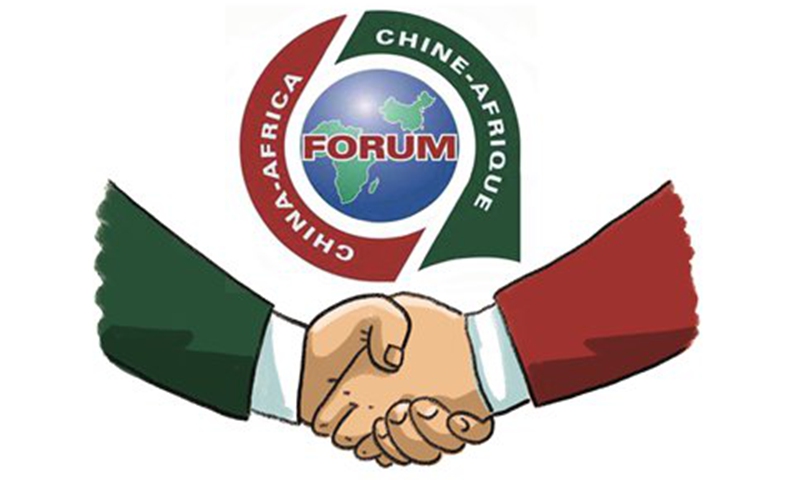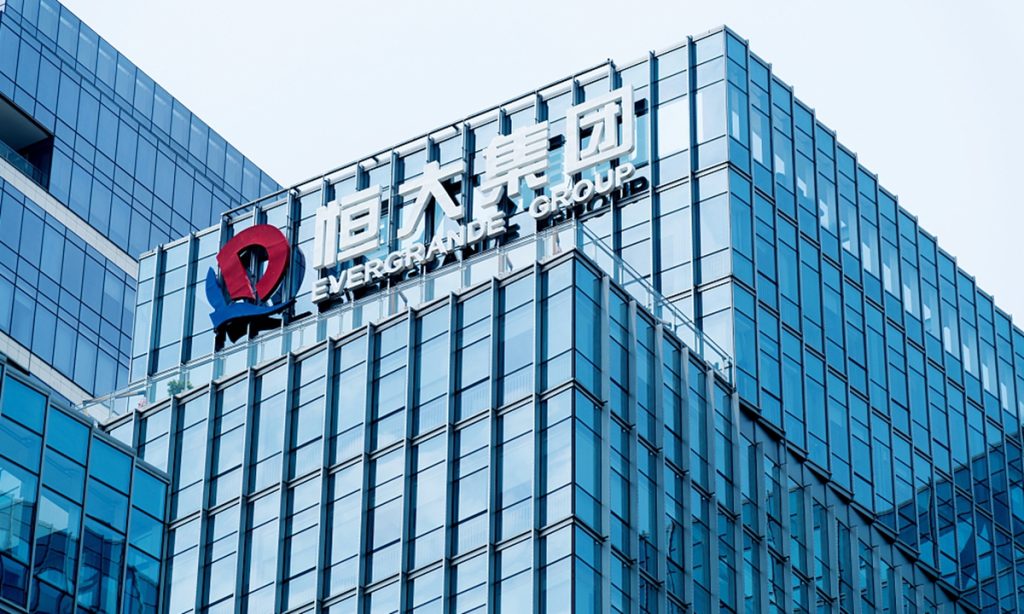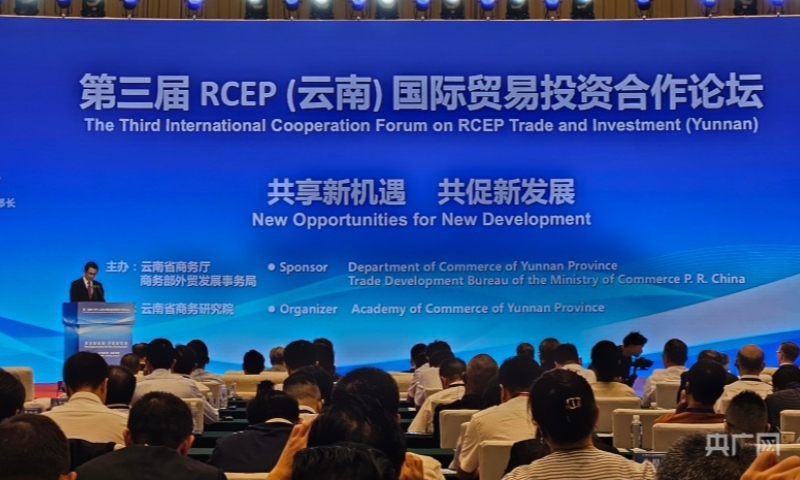939 people evacuated, resettled following SW China flash flood, mudslide that kills 8

As of 2:30 pm on Sunday, a mountain torrent and subsequent mudslide that hit Kangding, Southwest China's Sichuan Province, has killed eight people with 19 people still missing in the Garze Tibetan Autonomous Prefecture, the Xinhua News Agency reported.
At the same time, 939 local people have been evacuated and resettled. The water supply, power supply, accommodation, meals and other essential services across the four resettlement sites have been put in place, according to a press conference held on Sunday morning by the local rescue headquarters.
Sixteen individuals were hospitalized, with four having been discharged and 12 remaining in hospital without any life-threatening injuries, said the press conference.
At about 3:30 am on Saturday, a huge mountain torrent and mudslide disaster struck Ridi village in Kangding city, Garze, toppling a tunnel bridge and destroying homes in Ridi village. Many vehicles fell along with the loss of contact with people.
A local official told Xinhua that villagers were notified to evacuate 10 minutes before the mudslide struck the village after a local emergency services official found the river water had become muddy amid heavy rain.
According to Xinhua, the slope where the mountain torrent and mudslide occurred was steep, with the height difference of the Ridi ditch reaching more than 4,000 meters. The village is located in a valley at an altitude of 1,300 meters above sea level, while the mountains nearby are over 5,000 meters above sea level.
Experts analyzed that the recent high temperature accelerated the melting of ice and snow, coupled with the recent continuous rainfall, resulting in flash floods and mudslides.
The collapse of the bridge between tunnels resulted in the plummeting of four vehicles into the water, with one individual rescued and hospitalized, while 10 others were among the missing, emergency response headquarters said.
Following the disaster, local government made every effort to organize search and rescue. A total of 1,448 personnel have been deployed. Additionally, 215 vehicles and engineering equipment units, 45 sets of communication equipment units, more than 1,500 pieces of rescue equipment, three search and rescue dogs, and one light helicopter and one large drone have been deployed.
At the same time, in order to ensure the safety of rescue, the rescue command has arranged 15 safety officers and 17 observation posts in each rescue team, and dispatched drones to ensure that no casualties are caused by secondary disasters.
During the peak period of summer tourism, two main channels of National Highway 318 and Yakang Expressway have been closed due to the disaster. Only the provincial highway 434 Yumo Road can pass through Hailuogou to Luding county. Local authorities said that a special team has been set up to assist tourists and truck drivers, and volunteers have been sent to do their best to provide service.
Western Sichuan is popular among many tourists but during the rainy season many visitors are hesitant to travel due to the current weather conditions.
A tourist surnamed Hong, who recently travelled to the area, told the Global Times on Sunday that, this year, there has been a lot of heavy rain in Western Sichuan, causing rivers to swell and loosening the soil and rocks along the roads, resulting in frequent road closures.
"We also have encountered rockfalls and landslides along the way. It was easy to lose signal and got stuck in traffic in such mountainous terrain," Hong said.
Over the past few days, his fellow travelers wanted to go to Kangding, but they were forced to change their plans. "I suggest not going during the rainy season, it's not worth the risk," Hong noted.







